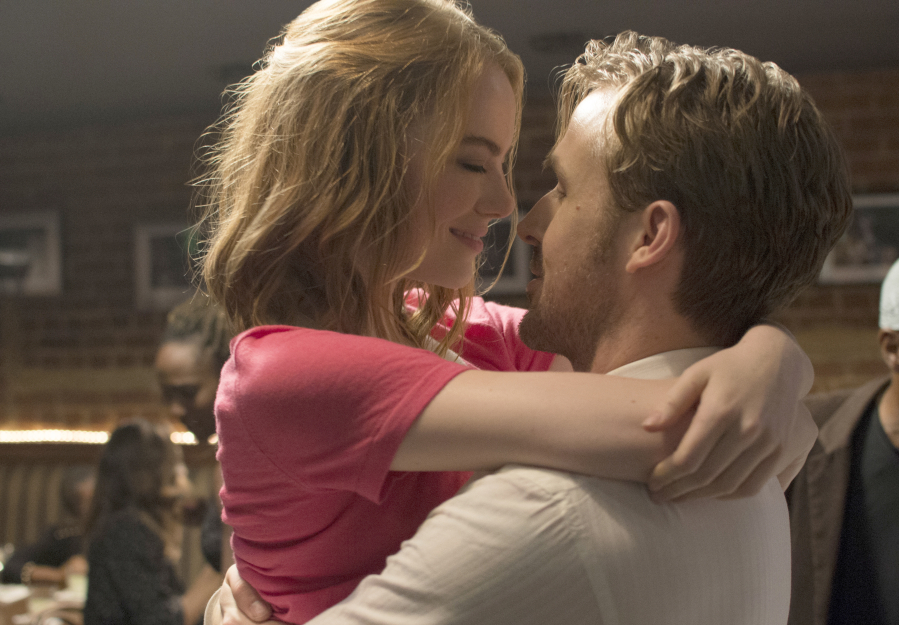It’s musical theater geekdom, for the win.
That’s right, all you show-tune skeptics, you who snicker at the spectacle of unison-dancing cats or roll your eyes at the first chords of “Don’t Rain on My Parade”: Who’s getting the last laugh now? Suddenly, being in and grooving on and talking about musicals is the hippest thing going.
Across the pop culture spectrum — from Jennifer Lopez (cast in a “Bye Bye Birdie Live!” that she pitched for TV next year) to the sexy young ensemble of Fox’s “Grease: Live,” to Ariana Grande, appearing in NBC’s “Hairspray Live!” on Dec. 7 — celebrities who never focused their careers on this genre before are getting in line to sing.
In Hollywood, one of the most talked-about award-season contenders is director Damien Chazelle’s “La La Land,” an original movie musical with a score by Justin Hurwitz and the “Dear Evan Hansen” team of Benj Pasek and Justin Paul, that lovingly recalls tuneful films of yore, such as “An American in Paris.” Its stars could not, in fact, feel more of the moment: Emma Stone and, crooning along with her, scruffy heartbreaker Ryan Gosling.
On the CW, meanwhile, “Crazy Ex-Girlfriend” rolls along in its second season, telling the story of co-writer/co-creator Rachel Bloom’s desperately needy Rebecca Bunch, a woman capable at any moment of segueing with the rest of a satirically gifted cast into a parody music video, a torch song or even a production number modeled on “Les Miserables.”



